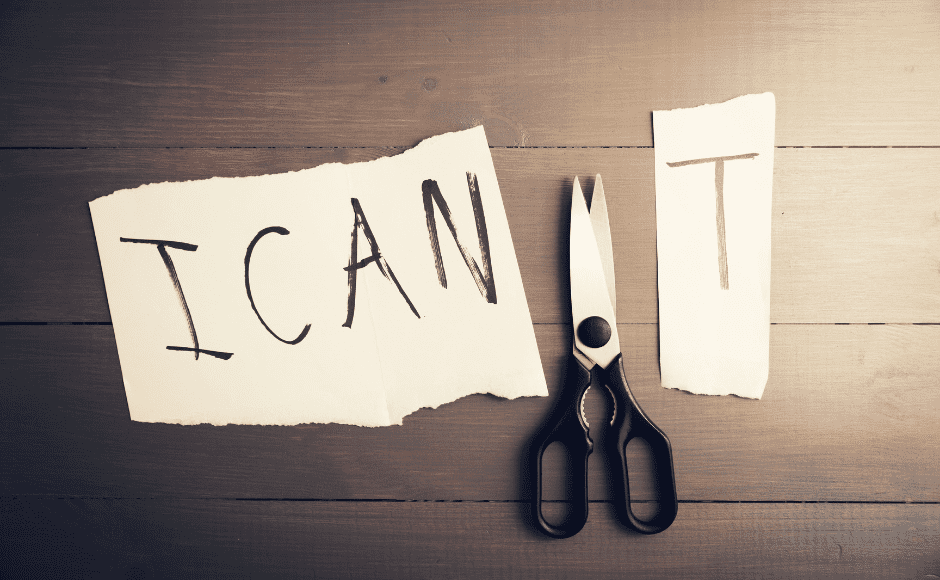How Brain Training Helps with Confidence
Confidence sets people apart and can improve their resilience. Some studies even suggest that confidence is the central factor in how much a person achieves during their lifetime. For naturally confident people, that’s great news. But what about people with low self-esteem?
Thankfully, in the same way that we can train our bodies to be better at sports, we can also train our brains to improve our confidence.
The correlation between confidence and ability
A student’s confidence in their abilities translates to better performance in school. Numerous studies have shown that students who have confidence – those who believe they’re smart and competent – perform better than students who believe they’re not smart enough.
One-on-one brain training can help students improve multiple areas of their cognitive skills, including:
- Attention, including sustained, selective, and divided
- Processing, including auditory processing, visual processing, and processing speed
- Logic and reasoning
- Memory, including long-term memory and working memory
As students’ cognitive skills improve, they start seeing better outcomes from their work. And as their outcomes improve, their confidence often follows.
Encourage your student’s strengths
When we think about tutoring students, we often think about getting extra help for areas where students are struggling. There’s a lot of logic in that. If we can bring up their weakest areas, we can raise their limits. Unfortunately, focusing on a student’s weakest areas can also lead to frustration and a lack of confidence. Students become hyper aware of their weaknesses, which can lower their confidence.
If you’re going to get tutoring or brain training to focus on your student’s weakness, consider getting extra help for their strengths as well. Think about the areas where your student naturally excels, and consider enrolling them in extracurricular activities that let them shine even more.
When your student develops in areas in which they’re passionate, their confidence will follow.
Focus on effort, not outcomes
For students who are struggling in school, hours of studying don’t always yield high grades. When students work hard and don’t get the grades they’re hoping for, it’s easy for them to feel discouraged.
Rather than praise your student for the outcome of their studying (that is, their grades), praise them for the work they put in. Praise your student for working to finish a project, reading a challenging book, or spending extra time studying. Praising your student’s effort will help build their confidence and will encourage them to keep working hard.
Often, students struggle to learn material because they have weak cognitive skills. They may struggle with attention, processing, logic, or memory. Brain training helps strengthen those areas. The outcomes are undeniable:
- Students’ brains get stronger.
- Studying yields the results students hope for.
- Confidence increases as students realize what they’re capable of.
Increase your students’ confidence through brain training
Want to learn more about how brain training with LearningRx can help you or your student with confidence? Start by taking our free 3-minute brain quiz, and then contact us here. We look forward to speaking with you!







